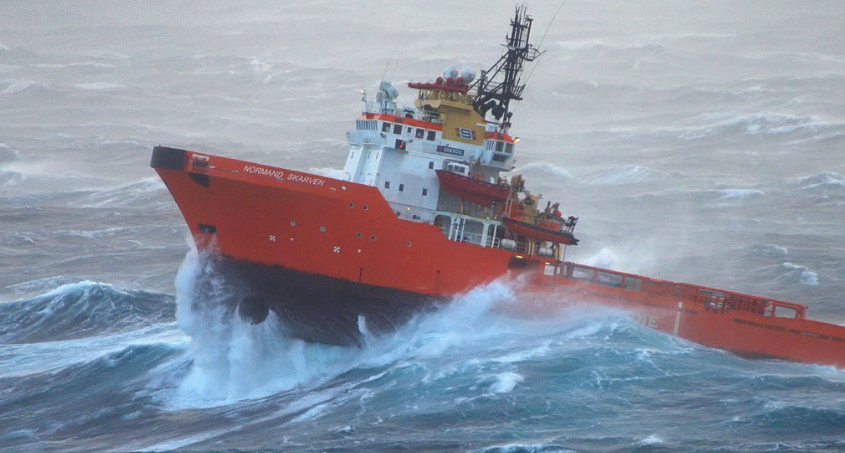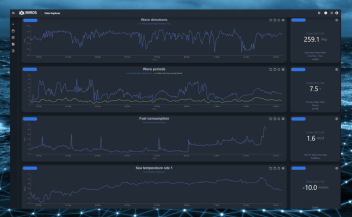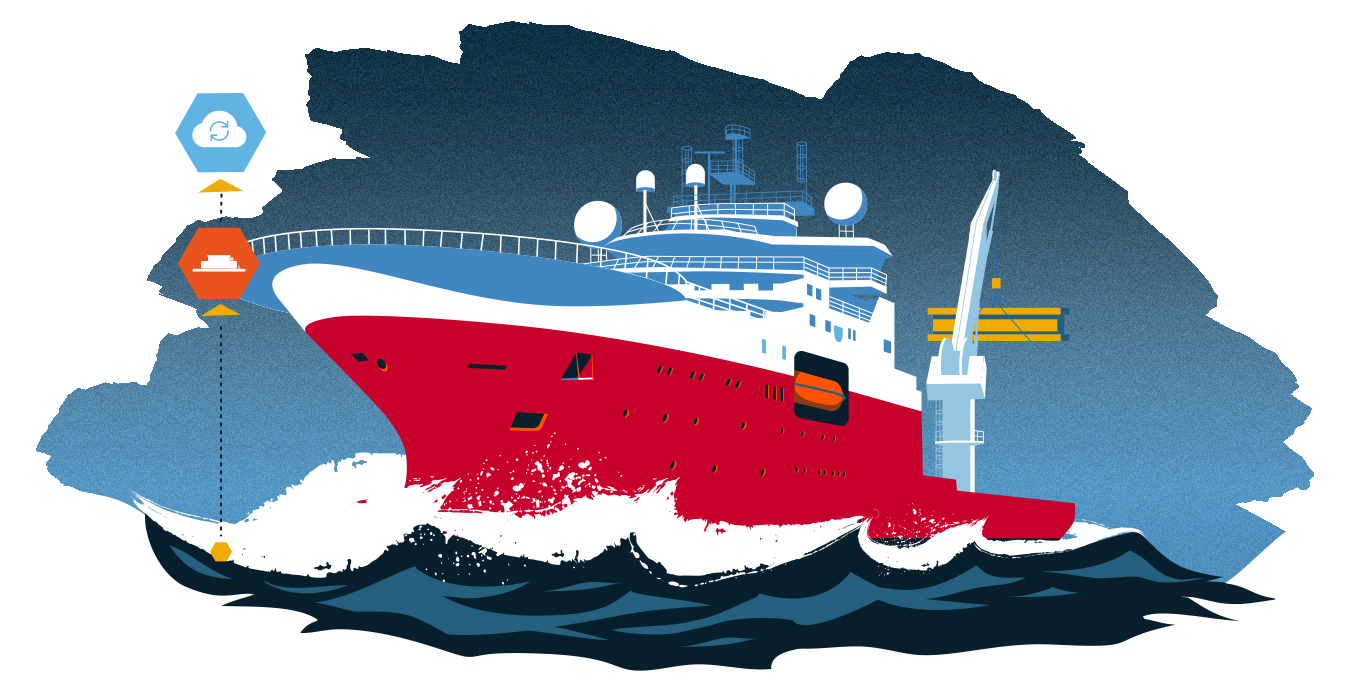Dry Sea State Monitoring for More Efficient Marine Operations
Local wave and weather conditions are a critical factor when undertaking offshore operations. The Miros RangeFinder has been found to boost operability by up to 15%, reducing uncertainty in the most unpredictable circumstances.




In maritime operations, two of the most critical limiting factors are the expected local weather conditions and the amount of time in which any related activities can take place. Offshore operations are sensitive to environmental conditions including wind, wave height, wave period and vessel motion, all of which impact so-called “weather windows”, or the periods of time in which conditions are safe to conduct activities related to the mission at hand.
Take It to the Limit with Real-Time Monitoring
Offshore operations are often planned according to forecasts, which predict the expected conditions of a variety of environmental parameters. These parameters then influence operational limits, which take into account the vessel involved and the nature of the activity taking place, as well as the preferences of the respective operators and charterers.
Due to the uncertainty in forecasting and monitoring of environmental conditions, however, the operational limits will be lower than the maximum limits that the vessel was designed to operate within, with the ratio between these limits being referred to as the “alpha factor”.
The alpha factor, defined in DNV GL’s DNV-OS-H101 standard, gives general requirements and recommendations for the planning, preparation and performance of marine operations. The objective of this standard is to ensure that marine operations are performed within defined and recognised safety levels.
A monitoring system can be used as a means to increase the alpha factor, bringing operational and maximum limits closer together. By monitoring conditions on a continuous basis, with documented accuracy, weather windows can be widened significantly, and much of the uncertainty involved in marine operations – particularly those taking place in challenging environmental conditions – can be mitigated.

RangeFinder: Increasing the Alpha Factor in Marine Operations
The Miros RangeFinder is a dry-mounted wave monitoring system, type-tested and approved by DNV-GL. Employing a vertical radar and a high-performance motion sensor, the RangeFinder measures air gap, wave height, wave period and vessel motion, all in real-time. By taking moment-by-moment measurements of local environmental conditions as they develop, the RangeFinder replaces guesswork and assumptions with data and facts.
In this way, RangeFinder has been found to increase the alpha factor of marine operations by up to 15%, as documented in a paper presented and published at Offshore Technology Conference in Brasil last month. These operability improvements are based on field trials carried out in numerous North Sea locations, with the greatest improvements leveraged in operations lasting less than four hours.
Discover how Bibby Marine Services use the RangeFinder in their offshore operations by clicking here.


